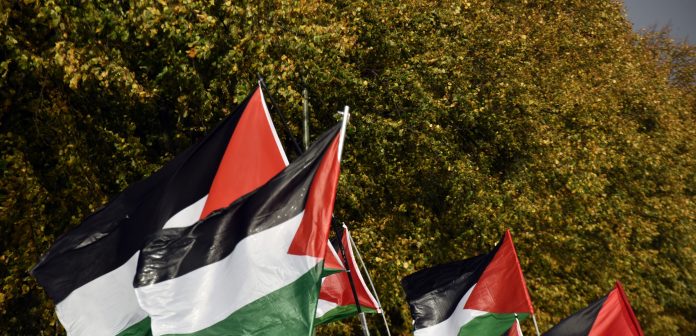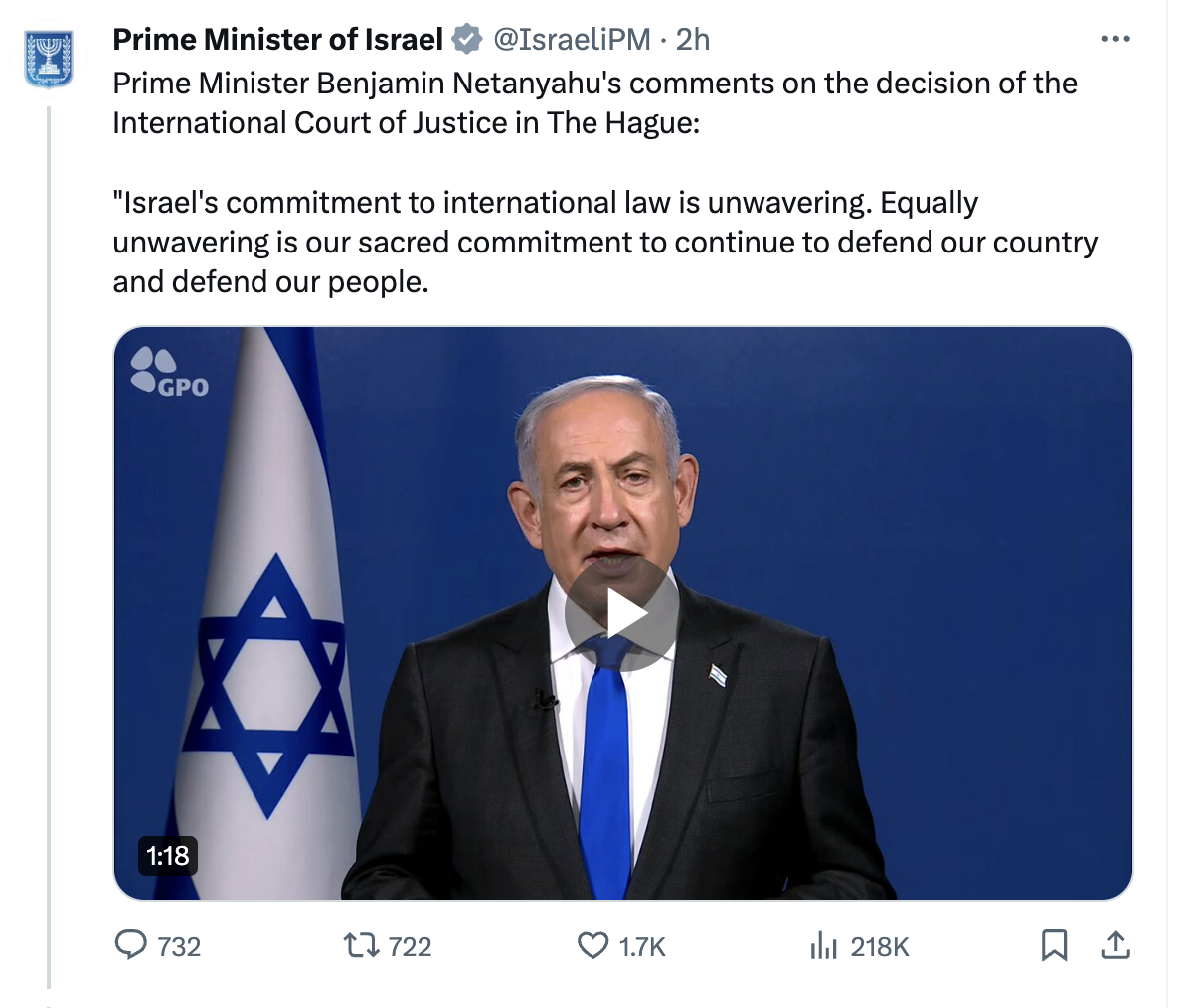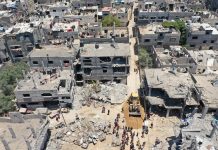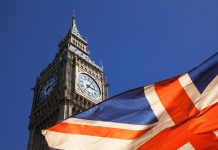Triumph for South Africa? Today, the International Court of Justice (ICJ) has issued an interim ruling concerning the Israel-Gaza conflict and the accusations of Genocide towards the Israeli government
The case brought forward by South Africa, alleging genocidal acts by Israel on the Palestinian population in the Gaza strip, saw the ICJ issue six provisional measures. Among these measures is an order for Israel to ensure regional humanitarian access.
While these measures address immediate concerns, it’s crucial to highlight that this ruling is temporary, and the court is not expected to render a final decision on South Africa’s genocide claims for several years.
ICJ is not ordering a ceasefire
The court issued an acting ruling, urging Israel to take all necessary measures to prevent genocidal acts in Gaza. However, the ICJ didn’t order a ceasefire.
The decision made by the ICJ to address allegations of genocide has received varied responses globally. While human rights advocates are applauding this move, critics argue that the lack of an immediate cessation of operations could hinder efforts to bring about a swift end to hostilities in Gaza.
What were the official interim provisional measures?
- Israel must take all measures to prevent any acts that could be considered genocidal – killing members of a group, causing bodily harm, preventing births
- An order for Israel to take measures to ensure humanitarian access
- Israel must ensure its military does not commit any genocidal acts
- Israel must prevent and punish any public comments that could be considered incitement to commit genocide in Gaza
Monitoring the aftermath of the ICJ hearing
As the international community continues monitoring the aftermath of the ICJ hearing, the focus has shifted to diplomatic efforts, potential negotiations, and the evolving humanitarian situation in Gaza.
The ruling sets the stage for a long legal battle, highlighting the challenges and complexities of addressing allegations of genocide.
This development underlines the ongoing importance of international institutions such as the ICJ in addressing conflicts far beyond the borders of the nations directly involved.
The US media
In a separate development, US media reports indicate that the head of the CIA is scheduled to meet with Israeli, Qatari, and Egyptian officials in the coming days.
The discussions are expected to revolve around the possibility of a new ceasefire in Gaza, reflecting ongoing diplomatic efforts to address the conflict.
The casualty toll from the conflict has reached a staggering 25,900, according to the Hamas-run health ministry in Gaza, the majority of the victims are reported to be women and children. The conflict goes back to October 7, when Hamas launched an attack on southern Israel, resulting in the deaths of about 1,300 people, predominantly civilians, and the taking of 240 hostages.
Israel’s response: “We will continue to defend our country”
In a video shared on the Prime Minister of Israel’s Twitter account, PM Benjamin Netanyahu criticised the case as “outrageous” and vowed to continue action.
“We will continue to do what is necessary to defend our country and defend our people,” he said.
“Like every country, Israel has an inherent right to defend itself […] The vile attempt to deny Israel this fundamental right is blatant discrimination against the Jewish state, and it was justly rejected.”
Editor's Recommended Articles
-
Must Read >> Britain has a plan to let aid through in Gaza
-
Must Read >> South Africa accuses Israel of genocide in Gaza















